Blog series:
- Being proud of our history? (below)
- Are we being honest about curriculum?
- Are we being honest about our discourse?
I have turned the remainder of my blog here into a short video lecture series which you can access here: PLAYLIST
Being proud of “the community”
Over the years I have been teaching history (and latterly history teachers), I have developed something of a sense of pride in the way in which history, as a school subject, has engaged with complex issues in curriculum and pedagogy. I have even taken to referring to “the history community” in an almost reverential way. I am sure I am not alone. If you look at the discussions which happen, especially on Twitter, you will often see people expressing pride in “the history community” and its various achievements. Often the narrative we tell about “the community” is framed as a story of social justice in which pupils are liberated through carefully curated content and powerful pedagogical knowledge.

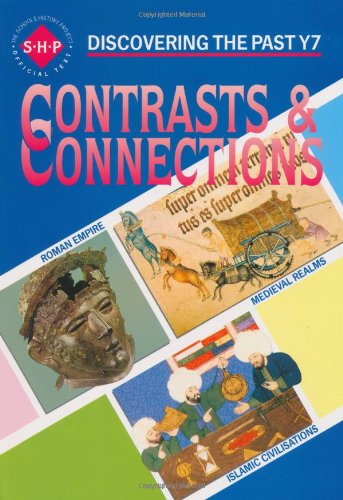
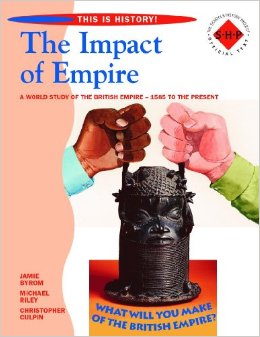

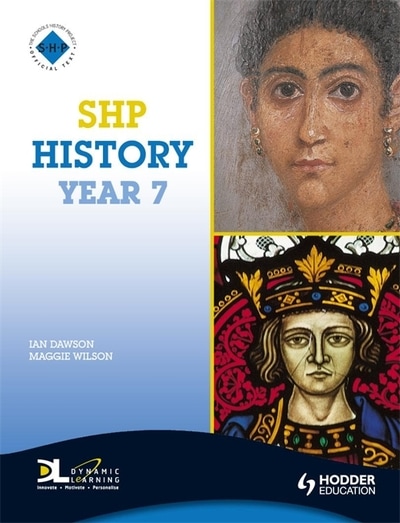
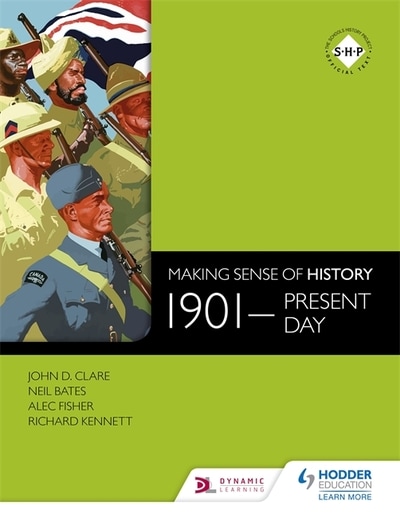

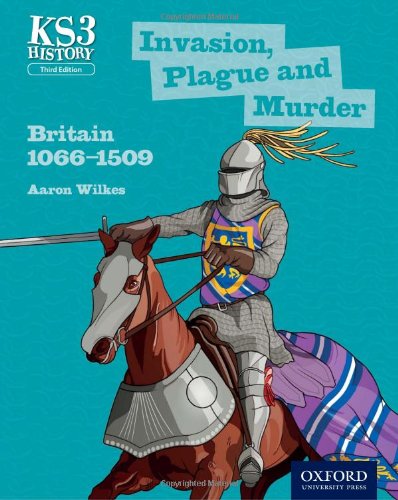
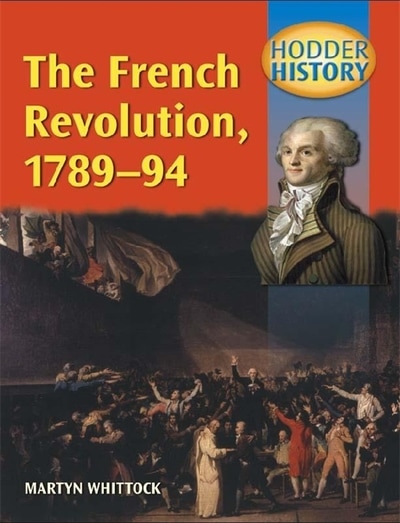
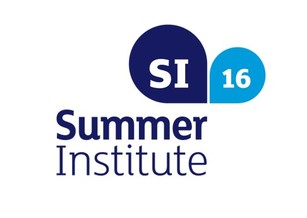
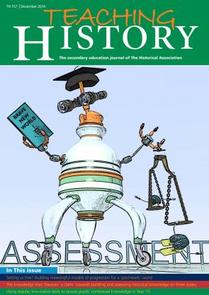


 RSS Feed
RSS Feed
